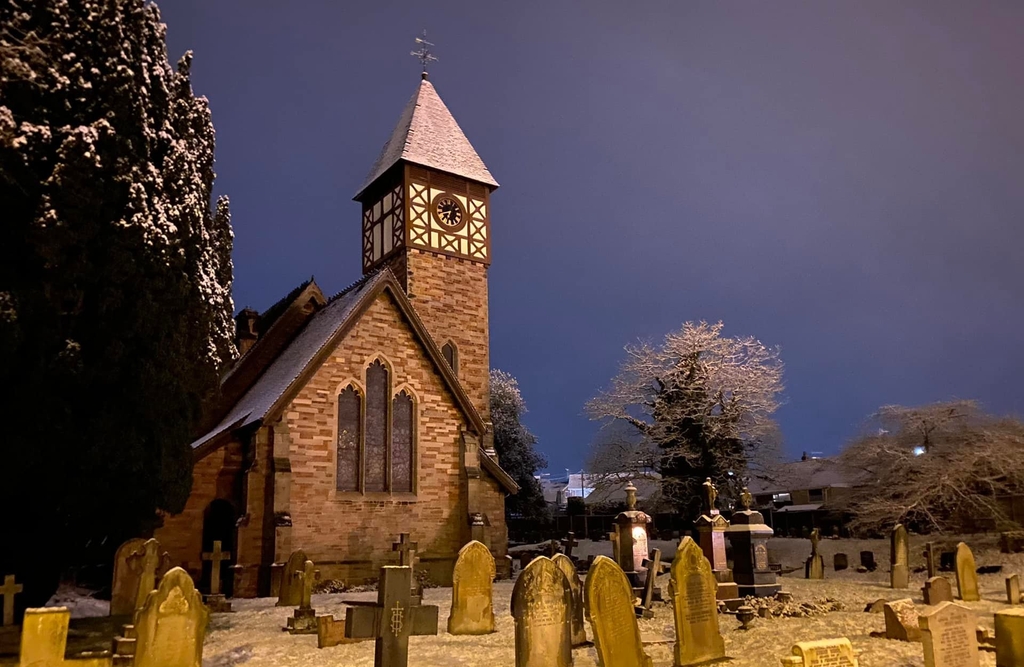The Bible readings we are listening to each Sunday have moved to The Acts of the Apostles, and we are starting to hear of the birth of the Church. This all took place shortly after the Resurrection, when Jesus rose from death to greet his disciples and many others, shaking the world forever.
The Apostles were Jesus's original disciples, minus Judas Iscariot, but added to afterwards as the number was kept at 12.
Others soon joined and there was an explosion of activity out of Jerusalem and into the world. People who had never ventured more than a few miles suddenly travelled by land and sea across the known world, filled with the Holy Spirit and encouraged by Jesus to spread the Good News.
It was a joyous and at the same time dangerous period. The first 'replacement' disciple, Stephen, hardly lasted days as a newly selected apostle before he was stoned to death in Jerusalem. Even so, the Bible speaks of hundreds of people each day who were becoming believers. This was happening in the heart of Judaism and publicly under the noses of the same Jewish officials and Roman governor who had killed Jesus only weeks before.
The apostles began their travels, prompted by visions. This week's Bible reading tells of how Peter, the man who rejected Jesus three times, came to travel to the coast of Israel and meet with a Roman centurion in his home. It's hard for many of us, used to travelling and meeting with many people, to picture how extraordinary that was. Peter was a fisherman, not some sophisticated city-dweller who met with great officials. He was also Jewish and therefore did not meet non-Jews in their homes. In addition, at that time, these early Christians thought that belief in Jesus was only offered to Jewish people.
Within days, all that changed for Peter. He was rapidly taught that the Good News of repentance, forgiveness and eternal life was open to everyone. Everybody was welcome.
After that, there was no turning inwards; the name and story of Jesus Christ had to be told to as many people as the Apostles could get to. How did they do?
Well, despite continual persecution, including death sentences, imprisonment and torture in many countries, there are now hundreds of millions of believers all around the world. There is still plenty to do and many people who could benefit from listening to that Good News. You might be one of them.

















